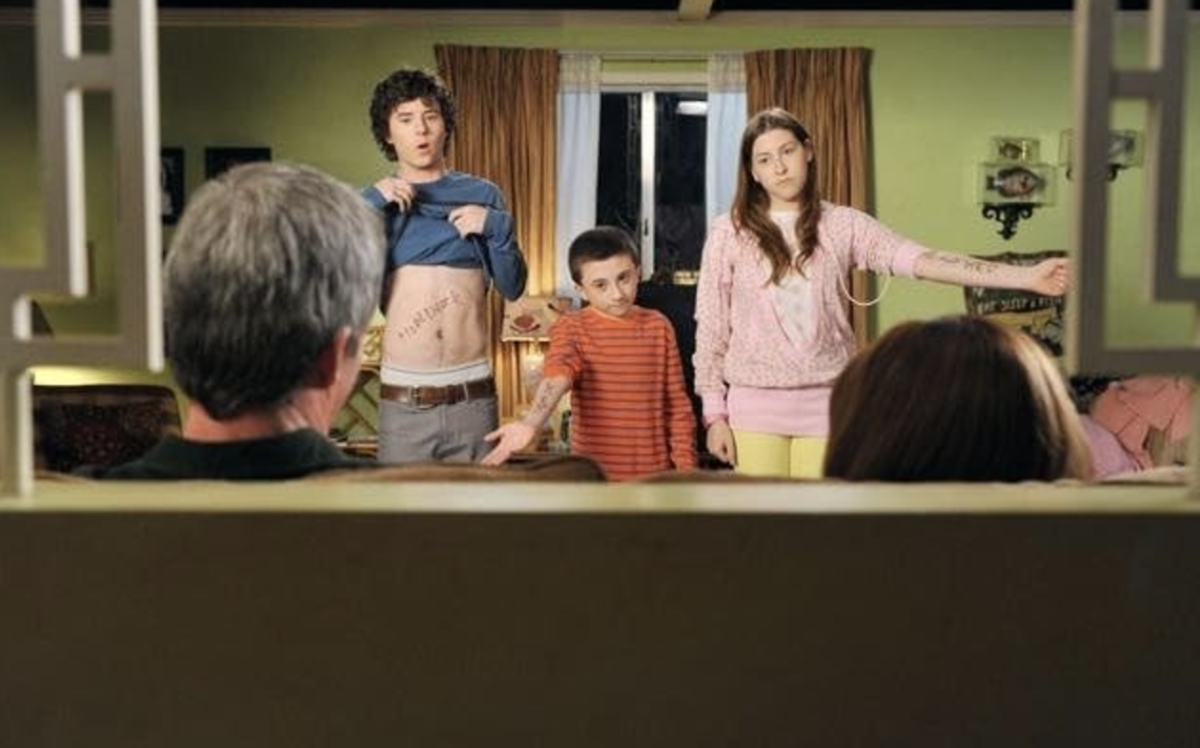“Léon: The Professional” was first released in France on Sept. 14, 1994. It was written and directed by French filmmaker Luc Besson, and stars Jean Reno, Natalie Portman and Gary Oldman. Known outside the United States simply as “Léon,” the subject matter and ethical issues surrounding the film have never been nas apparent as they are now, 30 years on from its original release.
Léon (Jean Reno) is an Italian-American assassin who lives in the Little Italy neighborhood of New York City. He takes in 12-year-old Mathilda Lando (Natalie Portman), who comes from a dysfunctional neighboring family, which includes her father (Michael Badalucco) and stepmother (Ellen Greene). Mr. Lando has angered his shady boss, corrupt DEA officer Norman Stansfield (Gary Oldman) by stealing from his cocaine stash, which is stored in the Landos’ apartment. When Lando fails to tell Stansfield “who’s been cutting the dope,” Stansfield breaks into the Lando apartment with his gang, and they murder the Landos by shooting each member of the family one by one. Léon watches the whole incident through a hole in his door, and opens it to a distraught Mathilda. “Please open the door,” she cries, begging Léon to open it. He hesitantly lets her inside.
After entering Léon’s apartment to hide from Stansfield and his gang, Mathilda soon realizes that he is a hitman. She sees all of his weapons, and when she asks him about it, Léon refers to himself rather as a “cleaner,” implying later that he “cleans” the world of human filth. Mathilda begs Léon to train her to become an assassin herself, as she wants to avenge her little brother, the only family member she claims to have cared about, and kill Stansfield and his gang.
In exchange, she pledges to run his errands, clean his apartment and teach him how to read English. Having originally considered killing Mathilda in her sleep, he reluctantly agrees. His motto, however, throughout the movie, is “no women, no kids,” in terms of whom to kill, or “clean” as he tells Mathilda. Not only does Léon spare Mathilda, he makes her his apprentice, and the two share a complex relationship.
While the relationship between the two protagonists (including the age gap) can be described as a “father/daughter” dynamic, it goes much deeper. Mathilda looks up to Léon, and soon during her training tells him she “loves” him, as she develops complicated and quite twisted romantic feelings. Of course, he does not reciprocate, as she is a child.
The character of Mathilda develops a great deal during the movie. Mathilda is only 12, but adulthood is thrust upon her, having witnessed the dark side of humanity from a very young age. Meeting Léon by chance only heightened the responsibility of adulthood on Mathilda– not to mention the difficulty of being a young assassin-in-training.
In the 30 years since “Léon: The Professional’s” release, Natalie Portman, now 43 and an Oscar winner, has reflected on her portrayal of Mathilda. In the film, there is a scene in which Mathilda plays a game with Léon in which he has to guess the celebrity she’s imitating. She dresses up and suggestively imitates Madonna and Marilyn Monroe, singing “Like a Virgin” and “Happy Birthday, Mr President.” This scene is telling of how Portman also had to grow up all too fast as a child actress.
Luc Besson wrote and directed “Léon: The Professional” in 1994. He himself has courted controversy since 2018, when he was accused by multiple women of sexual assault (he has since been cleared of all rape charges). It’s also important to note that the plot of “Léon” was “very inspired by” the director’s relationship with and marriage to actress Maïwenn, who was married to him when she was 16 and he was 33.
Portman spoke to Vanity Fair last year about her experience on the set of “Léon” when Besson was cleared of the charges against him. saying that she had “complicated” feelings after her first role, and faced constant sexual attention from adult men after the film’s release.
While “Léon” was undoubtedly a film that many have enjoyed, it is important to view the film and everything that’s happened since its release in a more timely light. Thirty years isn’t a long time in the grand scheme of things, but it is in terms of societal development.
For example, even the movie’s portrayal of New York City in a pre-9/11 world is interesting to view. There were no questions asked in the scene where Mathilda sneaks into the DEA office with weapons she posed as food, no metal detectors, no searching of anything she was carrying and much lower security in government-controlled buildings than what we have now.
From American social culture and some small references of technological development, the whole movie is a sign of different times. It’s important to view it that way, and to reflect on this time capsule of a movie from 30 years ago.
Liv Cushman can be reached at [email protected]




















